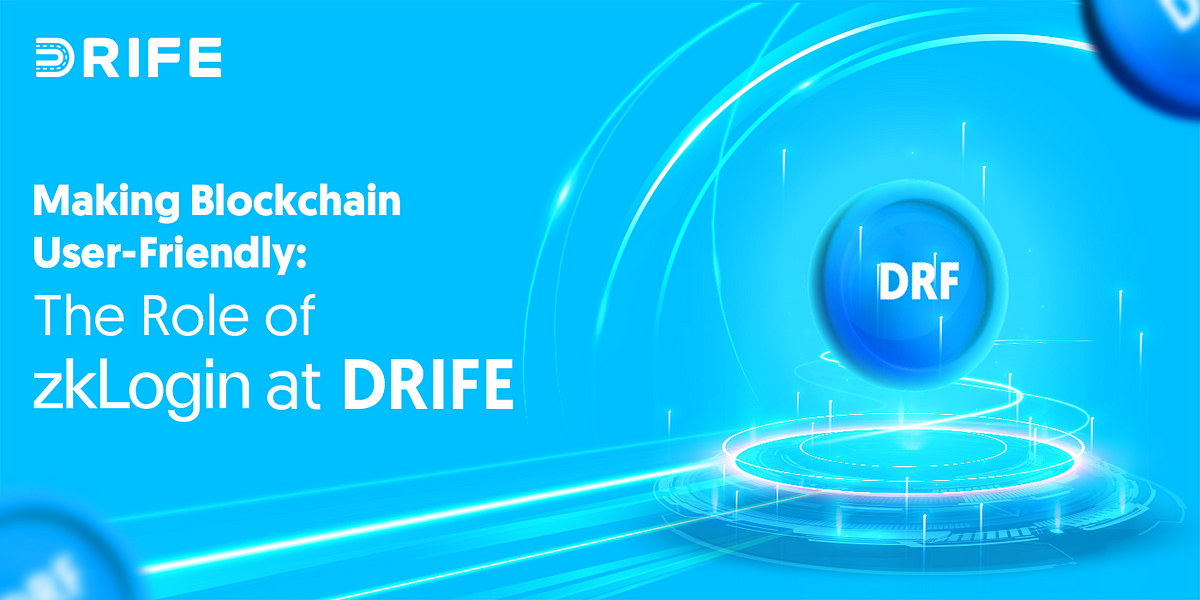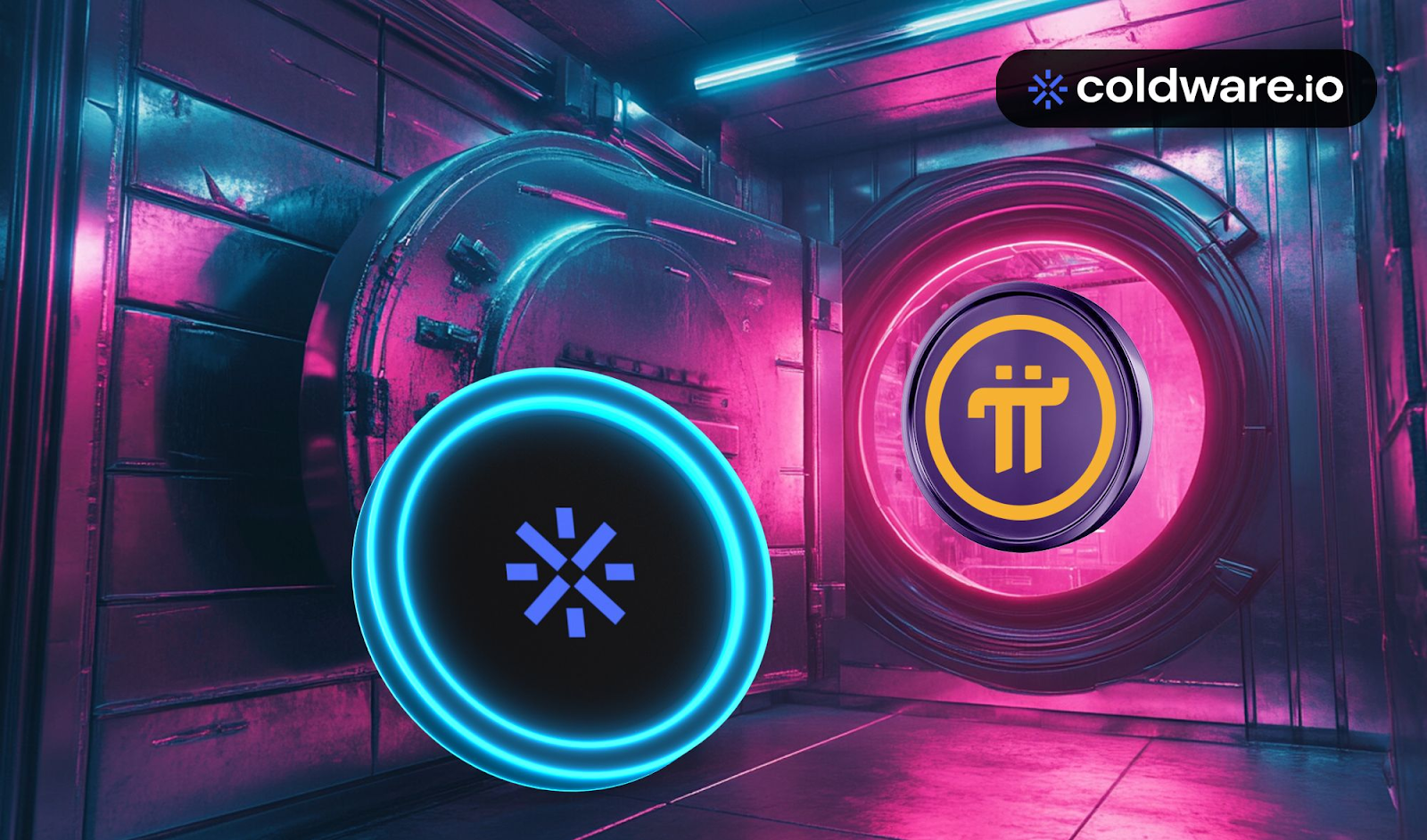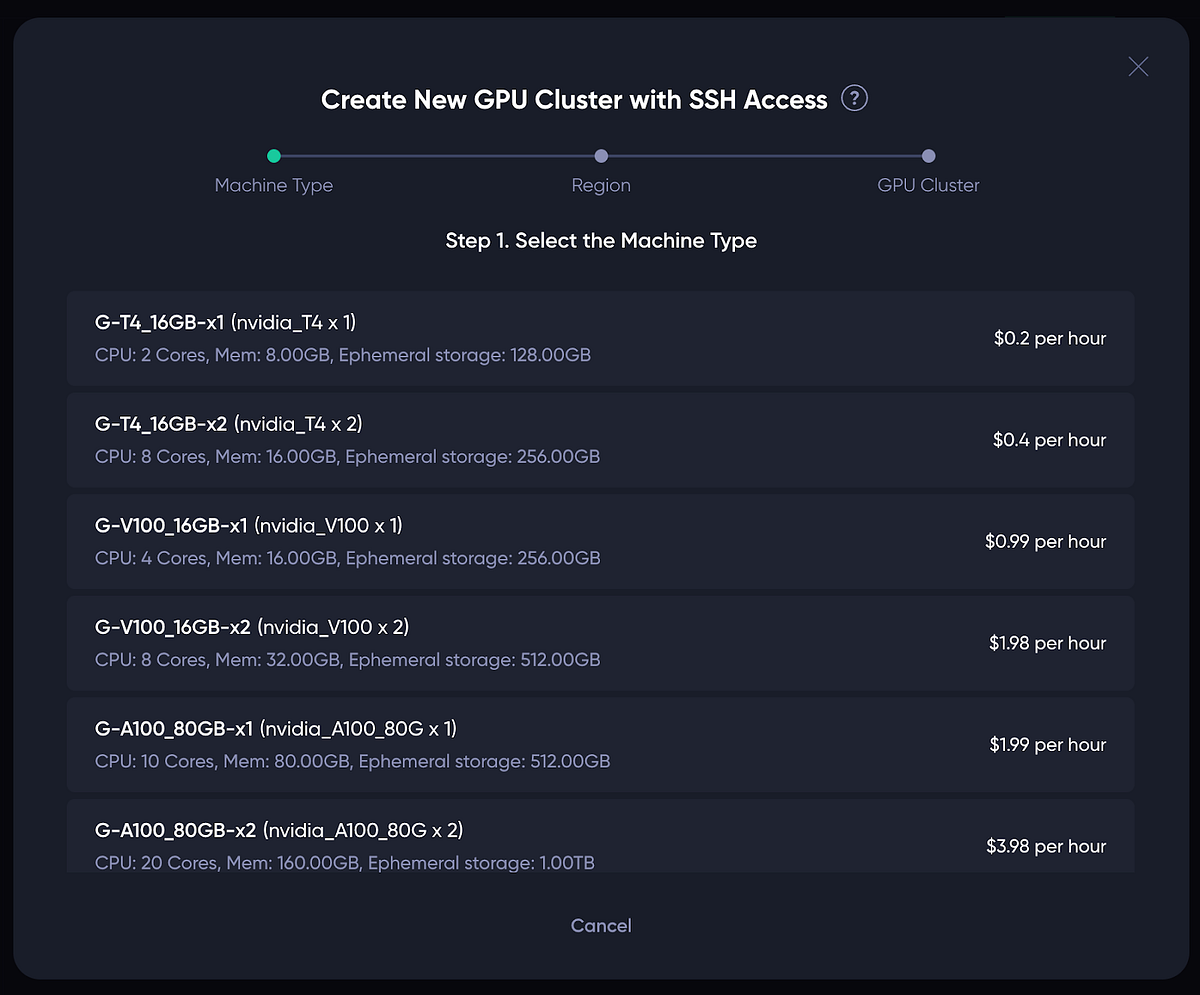DRIFE Simplifies Blockchain Onboarding with zkLogin

In the rapidly evolving landscape of blockchain technology, DRIFE is making significant strides to simplify user onboarding through its integration of Sui’s zkLogin technology. This innovative solution addresses the common complexities that often deter potential users from exploring blockchain’s vast potential. By allowing riders and drivers to access DRIFE’s decentralized ride-hailing services using familiar Web2 credentials, such as Google or Apple accounts, zkLogin bridges the gap between traditional online experiences and the innovative world of Web3.
The zkLogin method utilizes zero-knowledge proofs (ZKPs) to provide a secure and user-friendly wallet authentication process. One of the most notable advantages of zkLogin is its elimination of the need for private keys or seed phrases, which are often a source of confusion and security risks for users. By simplifying wallet creation and enhancing security without the complexity of traditional systems, DRIFE empowers users to engage with blockchain technology effortlessly. This approach not only minimizes the risks of lost keys and phishing attacks but also encourages broader adoption of Web3 by making it accessible to non-technical users.
With zkLogin, DRIFE is redefining the ride-hailing experience by ensuring that anyone can participate in its decentralized ecosystem, regardless of their familiarity with blockchain. Users can book and pay for rides securely while enjoying the benefits of transparency and fair payments. The integration of zkLogin represents a significant leap forward in making blockchain technology more approachable, allowing users to unlock its potential without the usual technical hurdles. As DRIFE continues to innovate, it sets a precedent for how blockchain can be seamlessly integrated into everyday services, paving the way for a more inclusive digital future.
Related News





